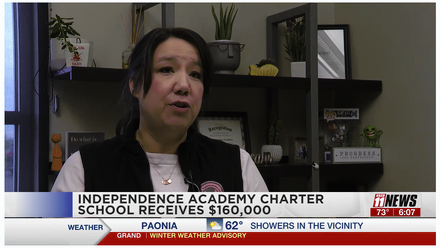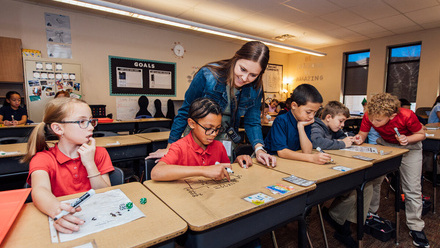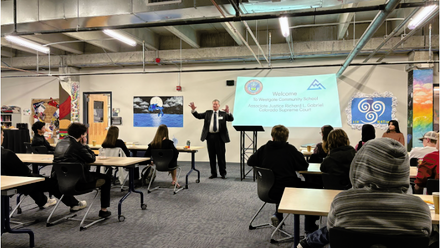In Colorado, Education Politics Truly is Local
By Kyle DeBeer, VP Civic Affairs, CLCS Action
It is cliché to say that “all politics is local,” and in their rush to find something original to say, many commentators have overlooked that as an explanation of last week’s election results. However, the phrase became a cliché because it accurately describes how voters make decisions. While some have tried to spin the election results as a statewide referendum on education reform, the reality is that nowhere is politics more local than in Colorado’s school board elections.
Over the past few months, CLCS Action has talked to hundreds of voters across our state, learning how they view the challenges facing public education, the job that their local school board is doing, and more. Voters told us that they are concerned about adequate and equitable funding for all public schools and getting politics out of the classroom.
They believe that families should be able to choose the public school option that best suits their children and that families should have more high-quality public school options to choose from.
Founded by and closely allied with the Colorado League of Charter Schools, CLCS Action supports the entire charter sector through enhanced advocacy support and engagement. While not our primary purpose, CLCS Action also supports candidates for elected office who support charter schools, including some local school board candidates.
In Aurora Public Schools, for example, two of the three candidates supported by CLCS Action won. That includes the top vote-getter, Dr. Anne Keke, who is the current board president and CLCS Action’s Director of Grassroots Advocacy.
In Academy District 20, CLCS Action supported Susan Payne, who created Colorado’s Safe2Tell program while working in the state attorney general’s office. Susan was appointed to fill a vacancy on the school board earlier this year and won a full term on the board last week.
Neither of these outcomes fits a single political narrative. They instead turned on each community’s hopes for their students’ futures.
The realization that education politics actually is local should be a call to action for the charter school community. It’s on us to build relationships with our elected officials, to share what makes our schools unique with our neighbors, and to run for office. Across hundreds of conversations with voters, one thing has been consistent: the more that voters know about charter schools, the more favorable their opinions of them.
Kyle DeBeer leads the League's efforts to inform the public about charter schools and policies that support their success. He also serves as the Executive Director of CLCS Action, the League's partner 501(c)(4) organization.






